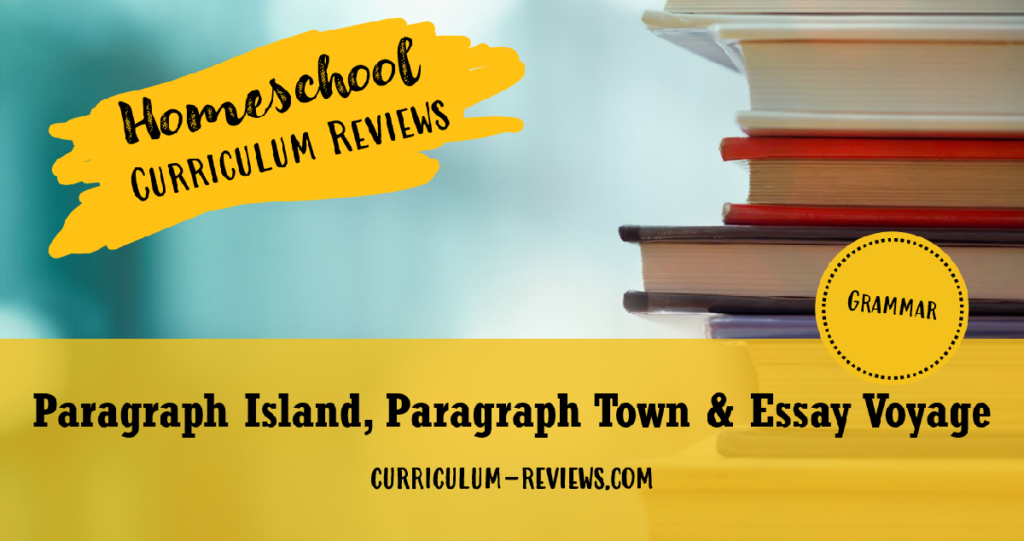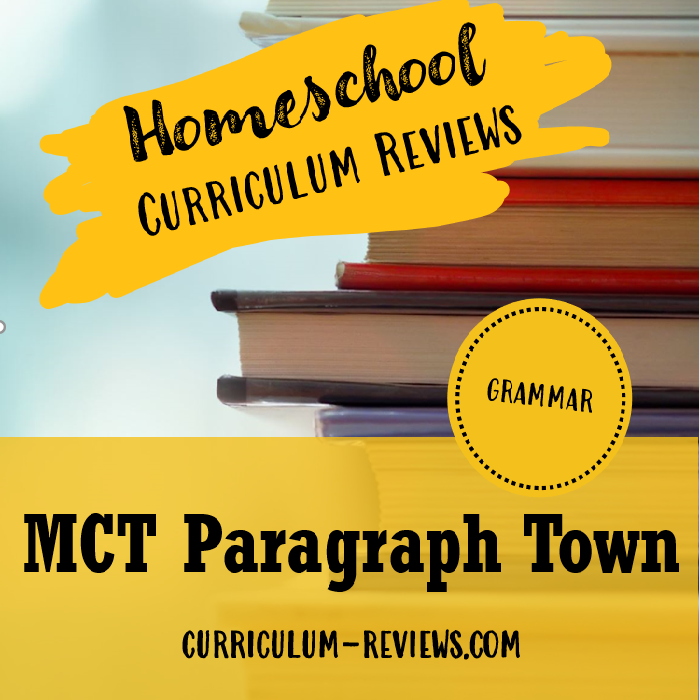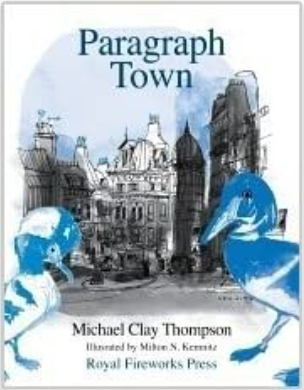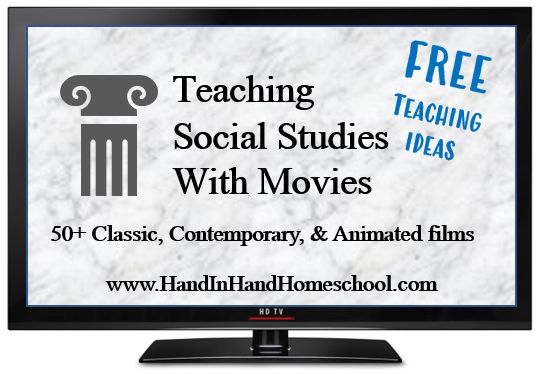
MCT Sentence Island, Paragraph Town, & Essay Voyage
Target Grade Level: 3rd – 5th
Michael Clay Thompson breathes life into language arts instruction. With six levels of materials covering grammar, vocabulary, composition, poetics, and literature, he seamlessly integrates those elements of the English language in a manner that assumes his readers are intelligent, active learners. These are not workbooks for self-study — they are texts best explored with a teacher or guide. While the composition books could be used without the rest of the books in the corresponding level, the learner would need a strong grasp of grammar to truly take advantage of what they have to offer and an understanding of MCT’s four-level approach to grammar. (Take home message — if you’re using a composition book, purchase that level of grammar or higher to use with it.)
All his books within a level are integrated, each rooted heavily in the corresponding grammar book and somewhat less on the vocabulary book. For many young gifted learners this presents a dilemma — what a level child is able to manage in grammar, vocabulary and poetics reaches a level or often more above what works for composition for the child. Therefore, it’s not uncommon for a child to be ready for the fourth level of grammar and vocabulary but still be working on the second level of composition. No need to worry, however, as that difference works quite well.
Sentence Island: This is a fine start for the beginning young writer. While the content is applicable to writers of all levels, it has a young feel, which would likely be off-putting to the upper elementary or older learner (over age 10, perhaps, depending on the child). This book teaches writing beyond the sentence and demands understanding of the grammar taught in the corresponding level. For some kids, the writing demand may be too much before the age of nine, so you may consider scribing for a reluctant writer. (Only the Teacher Manual is necessary when using this at home.)
Paragraph Town: The second writing book of the MCT series takes the writer through the story of two ducks, Fishmeal and Queequack, as Fishmeal seeks knowledge about the paragraph. The story nature of the book makes it better suited for younger users, but the material is so worthwhile, I’d encourage the reluctant but somewhat older writer to read through the story and work through the exercises (which are fine for any age). Even experienced writers can benefit from the thorough treatment of the paragraph in this fine text. There’s quite a bit here. Resist the urge to fly through, and take time to assure the lessons are absorbed and sufficient practice occurs. (Again, only the Teacher Manual is necessary for home use.)
Essay Voyage: This text makes a big leap from Paragraph Town in style and content. Gone is the story form of teaching. Instead, MCT breaks essay writing tasks into ten chapters, covering such topics as structure, formality, content, conclusion, and even correct citations and use of quotations. Each element of writing is clearly taught, complete with examples. Most chapters offer a list of options including research and reflections on readings. Gradually, essays are included in the options, and by the end, essays with quotations are expected. It’s a steep set of expectations that, if met, would lead to developing quite strong writing skills that certainly would prepare a learner for high school and exceed what many can do before heading to college.
The essay examples range from the lighthearted to the quite difficult, including a selection from the Federalist Papers and the Narrative of Frederick Douglass, just to name two. This represents a challenge when using the book with a younger learner who just may not relate to the content of the essays for examination. For the younger child, moving directly from Paragraph Town, with its more gentle approach and easy reading material, to Essay Voyage may not be advisable. If in doubt, wait, working longer with the earlier book or supplementing with other materials. (As with the other books at this level, only the TM is necessary.)
 About the Author: Michael Clay Thompson received his bachelor’s degree from Washington and Lee University, studied for gifted education accreditation at Mars Hill College and obtained his MA from Western Carolina University. During his 30-year teaching career he taught in schools in Indiana, Tennessee, and North Carolina. He has served on the Board of Directors of the National Association for Gifted Children and as an online instructor in Language Arts for the Northwestern University Gifted Learning Links program . He was formerly a consultant to the Center for Gifted Education at the College of William and Mary, consultant and Lead Scholar for the National Javits Project for Language Arts, and President of the Indiana Gifted Association. Michael Clay Thompson has written more than 70 books.
About the Author: Michael Clay Thompson received his bachelor’s degree from Washington and Lee University, studied for gifted education accreditation at Mars Hill College and obtained his MA from Western Carolina University. During his 30-year teaching career he taught in schools in Indiana, Tennessee, and North Carolina. He has served on the Board of Directors of the National Association for Gifted Children and as an online instructor in Language Arts for the Northwestern University Gifted Learning Links program . He was formerly a consultant to the Center for Gifted Education at the College of William and Mary, consultant and Lead Scholar for the National Javits Project for Language Arts, and President of the Indiana Gifted Association. Michael Clay Thompson has written more than 70 books.


